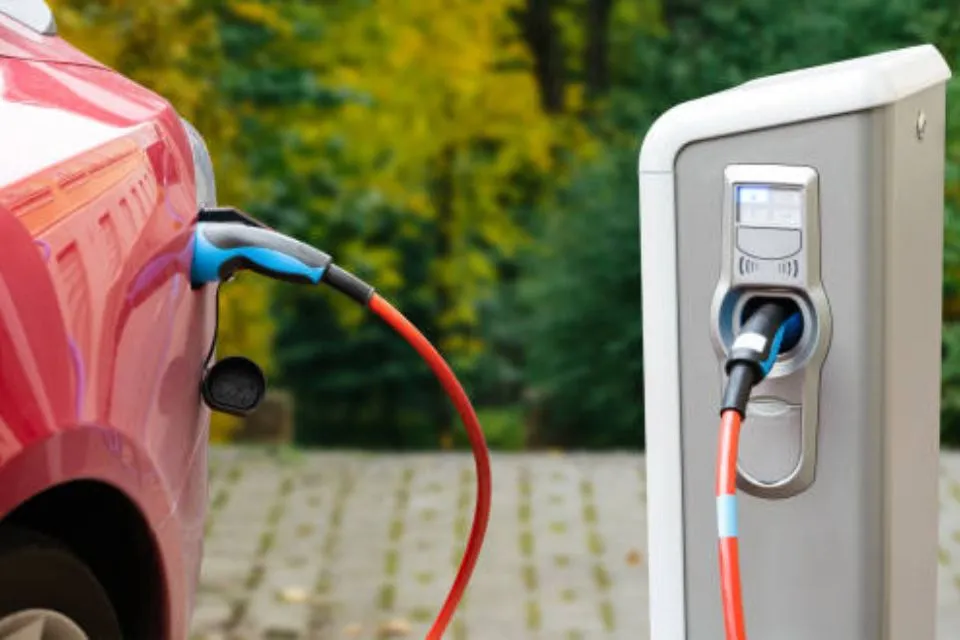Electric vehicle charging is a crucial aspect of the growing trend towards sustainable transportation. As the demand for electric vehicles (EVs) continues to rise, the availability and efficiency of charging infrastructure play a pivotal role in their widespread adoption. Electric vehicle charging stations come in various forms, ranging from home-based chargers to public charging networks. Home charging stations allow EV owners to conveniently recharge their vehicles overnight, taking advantage of lower electricity rates and ensuring a full battery in the morning.
Public charging networks, on the other hand, provide essential support for long-distance travel and serve as a backup option for those without home charging capabilities. Efforts are being made to expand the charging infrastructure by installing more charging stations in residential areas, workplaces, commercial spaces, and along major travel routes. Fast-charging technologies, such as DC fast chargers, are gaining popularity as they significantly reduce charging time.
The integration of renewable energy sources like solar power into the charging infrastructure further enhances the environmental benefits of electric vehicles. As advancements continue, ensuring widespread access to convenient, efficient, and sustainable electric vehicle charging will be crucial for achieving a greener future of transportation. Moreover, you can also check the official website of Travis Perkins for more such electric vehicle charging.
List of The Top Two Electric Vehicle Charging Devices
These are some of the best electric vehicle charging devices you can purchase. However, you can also check the charger electric vehicle, electric vehicle charger. Below are some of the best electric vehicle charging devices:
1. Project Ev Pro Earth Electric Vehicle Charger 7.3kW

The Project Ev Pro Earth Electric Vehicle Charger 7.3kW is a high-quality charging solution designed specifically for electric vehicles. With a power output of 7.3kW, it offers efficient and reliable charging for EV owners. The charger has advanced features such as built-in Wi-Fi connectivity, allowing users to monitor and control the charging process remotely through a smartphone app.
The Pro Earth charger is also compatible with various EV models, providing a versatile charging solution. Its compact and sleek design ensures easy installation in homes, workplaces, and public charging stations. With its eco-friendly design and reliable performance, the Project Ev Pro Earth Electric Vehicle Charger 7.3kW contributes to the growth of sustainable transportation and supports the transition to a greener future.
2. Project Ev Vehicle Charging Cable Type 2 to Type 2 Single Phase 7kW 5m

The Project Ev Vehicle Charging Cable Type 2 to Type 2 Single Phase 7kW 5m is a high-quality charging cable designed to facilitate convenient and efficient charging for electric vehicles. With a Type 2 connector on both ends, it enables a seamless connection between Type 2 charging stations and Type 2 compatible EVs. The cable supports single-phase charging at a power output of 7kW, allowing for relatively fast and reliable charging. With a length of 5 meters, it provides sufficient reach for most charging scenarios, whether at home, workplace, or public charging stations.
The cable is constructed with durable materials to withstand regular use and ensure long-lasting performance. By offering a reliable and versatile charging solution, the Project Ev Vehicle Charging Cable Type 2 to Type 2 Single Phase 7kW 5m contributes to the accessibility and convenience of electric vehicle charging, promoting the adoption of sustainable transportation.
Conclusion
Electric vehicle charging infrastructure is a critical component in the widespread adoption of electric vehicles and the transition to sustainable transportation. As the demand for electric vehicles continues to grow, the availability, efficiency, and accessibility of charging stations become paramount. Home-based chargers and public charging networks provide convenient options for EV owners, while advancements in fast-charging technologies reduce charging time.
Integrating renewable energy sources into the charging infrastructure further enhances the environmental benefits of electric vehicles. By expanding charging infrastructure, offering reliable charging solutions, and promoting convenient access to charging stations, we can accelerate the shift toward a greener future of transportation, reducing emissions and promoting sustainable energy solutions. Moreover, you can also check the official website of Celebzero for more such electric vehicle charging devices.

